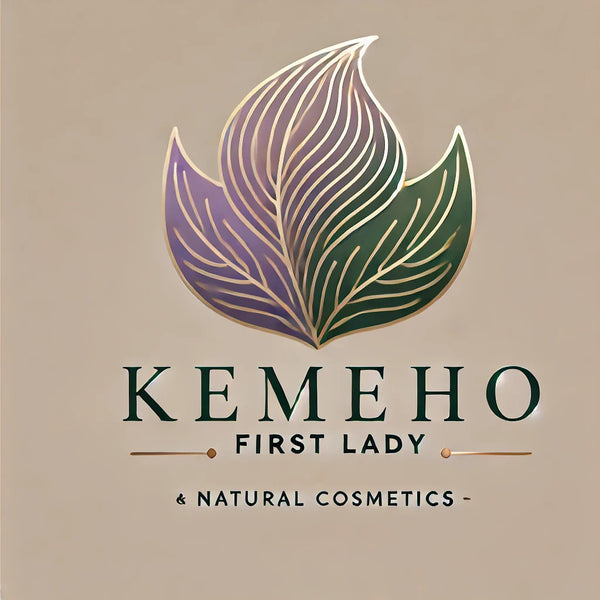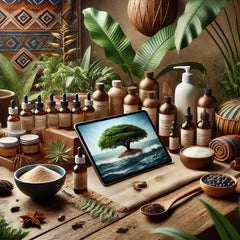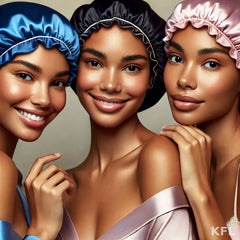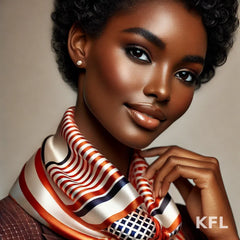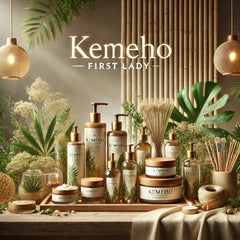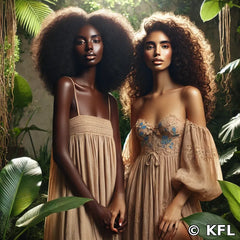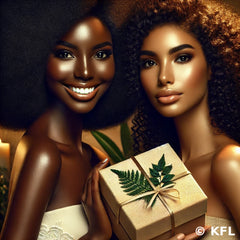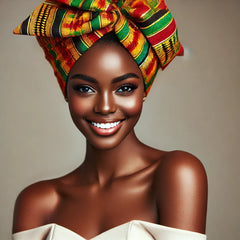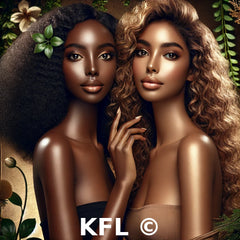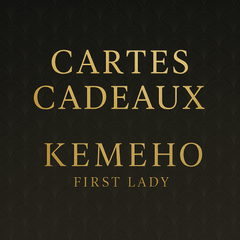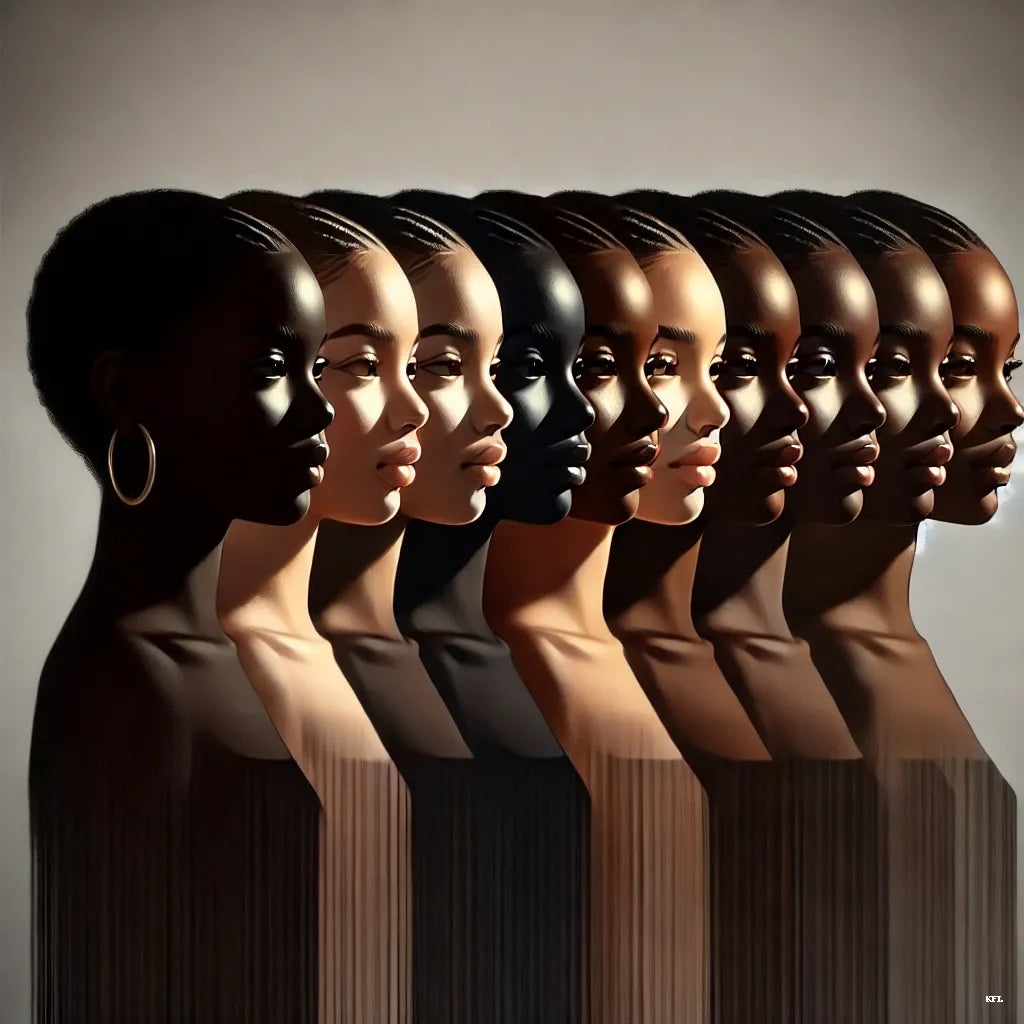
Colorism and Its Impact on Perceptions of Black Beauty
Share Label
Colorism is a form of discrimination based on skin tone, occurring within Black and mixed-race communities. It favors lighter skin tones over darker ones, profoundly shaping beauty standards, professional opportunities, and media representation. Rooted in colonial history, colorism continues to influence perceptions of Black beauty today.
- Origins and History of Colorism
Colorism’s roots lie in slavery and colonization.
📌 During the transatlantic slave trade, lighter-skinned enslaved individuals—often born of relationships between European colonizers and African women—were granted preferential treatment and assigned domestic roles, while darker-skinned individuals were relegated to field labor.
📌 Colonization imposed Eurocentric ideals that deemed lighter skin more “civilized” and desirable.
📌 This racial hierarchy’s legacy persisted through generations, shaping beauty ideals within Afro-descendant communities.
- Colorism in the Beauty and Fashion Industry
For decades, colorism has shaped dominant beauty standards.
🖼️ Magazines, advertisements, and cosmetic brands historically featured lighter-skinned models, sidelining those with darker skin tones.
🖼️ The lack of cosmetics suitable for deeper complexions drove many Black women to turn to harmful skin-lightening products.
🖼️ Models with straighter hair or looser curls were often favored over those with tightly coiled textures.
- Psychological and Social Consequences of Colorism
Colorism extends beyond aesthetics, deeply affecting self-esteem and identity.
❗ Many Black children grow up believing their skin is “too dark” to be beautiful.
❗ Color-based discrimination influences career opportunities and social interactions.
❗ Studies show that lighter-skinned individuals are often perceived as more “acceptable” in certain environments, fostering feelings of inferiority among those with darker skin.
- Fighting for Representation and Embracing All Shades of Black Beauty
Thankfully, a growing movement for reclaiming and celebrating Black beauty in all its forms is gaining momentum.
🌟 Celebrities such as Lupita Nyong’o, Viola Davis, and Duckie Thot proudly showcase the beauty of dark skin.
🌟 Inclusive beauty brands like Fenty Beauty offer shade ranges that accommodate all complexions.
🌟 Campaigns like #MelaninPoppin and #BlackGirlMagic celebrate diversity and encourage self-love.
- Breaking Down Colorism and Uplifting All Shades
📢 Promote education that values all skin tones and challenges oppressive standards.
📢 Demand greater diversity in media, fashion, and the beauty industry.
📢 Support brands and creators who champion inclusive beauty.
📢 Highlight Black history and culture, showcasing inspiring figures of all shades.
Conclusion
Colorism remains a significant issue, but progress is being made. Black beauty comes in many shades, and each one deserves to be celebrated. By dismantling these historically rooted patterns, we move toward fairer, more authentic representation of Black diversity.
